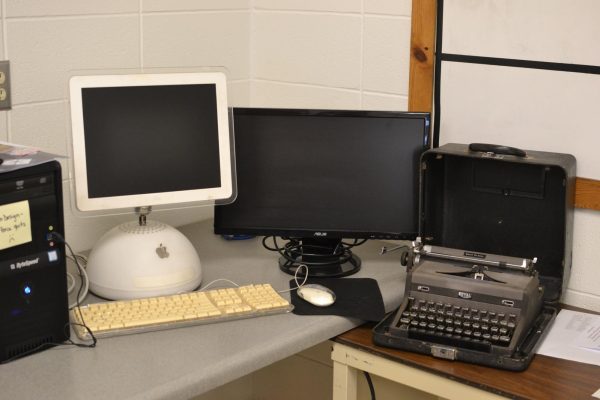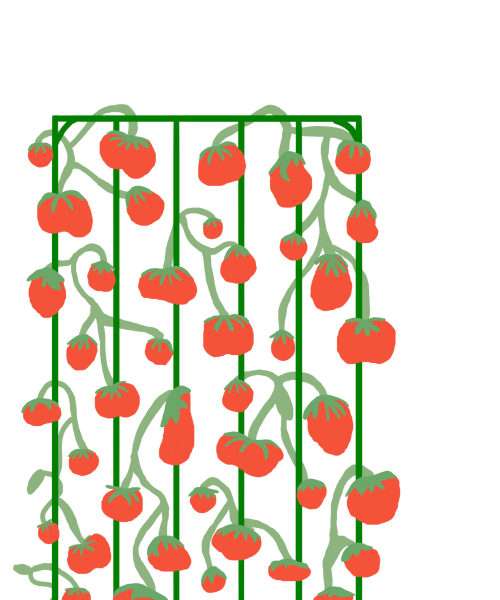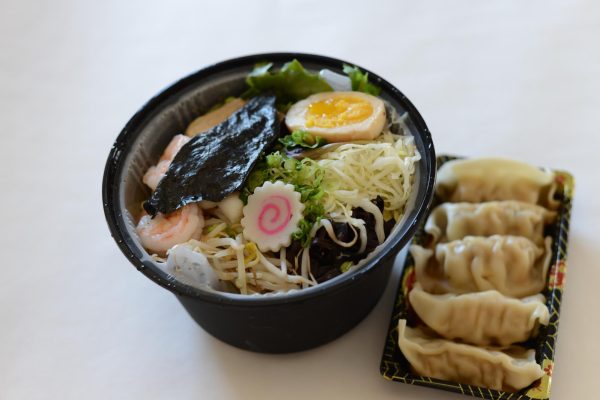How ‘panic buying’ during this crisis creates more crisis
In these stressful times, many have turned to panic buying essential items, such as food, toilet paper, and hand sanitizer. According to nielsen.com, sales of hand sanitizer in Malaysia reached over $200,000 at the end of January, around eight times the average weekly sales. Because of this irrational buying behavior, many people are unable to find what they need in stores filled with empty shelves. Besides showing what people consider important in life, studying the psychology of panic buying can teach a lot about the way we think.
The need to stock up on important items stems from the need to prepare for any potential disasters and gain control over the situation. According to Paul Marsden, consumer psychologist at University of the Arts London, we shop in order to satisfy three basic needs: autonomy, relatedness, and competence. The sense of autonomy achieved through a person exercising their ability to buy things; relatedness, through our connections with others; and competence, through the satisfaction of making a good purchase. In fact, a paper entitled “Control Deprivation Motivates Acquisition of Unitarian Products” by Charlene Y. Chen, Leonard Lee, and Andy J. Yap, those that felt less in control were more likely to buy practical items when compared to those that felt in control.
What is potentially the most damaging aspect of panic buying is that it leads to more panic buying of the item in question. This is because the more people panic buy a certain commodity, the more rare it is. This causes people to believe that the item is more rare and important, which leads them to buy more of it. According to Sander van der Linden, assistant professor of social psychology at Cambridge University, “People see photos of empty shelves and regardless of whether it’s rational it sends a signal to them that it’s the thing to do.” This panic is further spread through social media, where many have begun posting pictures of people panic buying, unknowingly encouraging others to do the same.
While panic buying is not a big deal when it is done by a few people at a time, on a large scale, it can cause stores to run out of many necessities, prices to rise, and many other issues. The panic buying of toilet paper, in particular, has left stores empty and the lack of toilet paper has had a large impact on the sewer system in many places as people began to flush wet wipes instead of toilet paper. These negative impacts will only worsen if people continue to panic buy necessities without regard for others’ needs. Because of this, it is important to find a balance between limiting trips to the store and buying too much at a time.







